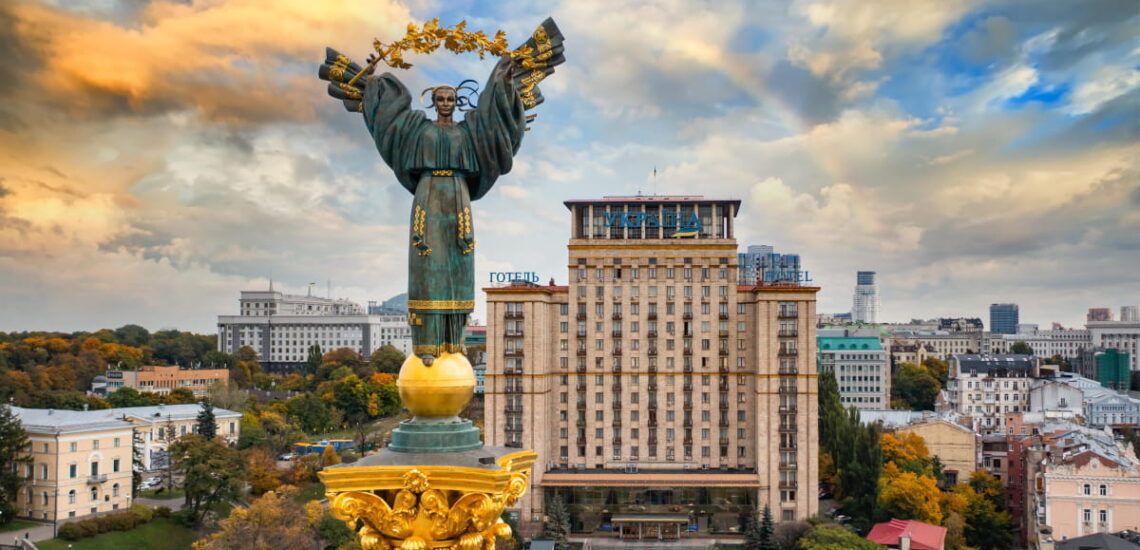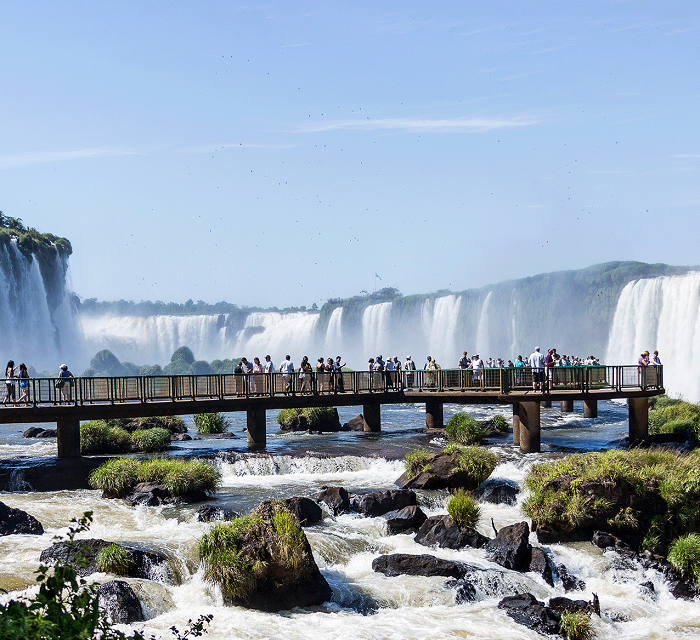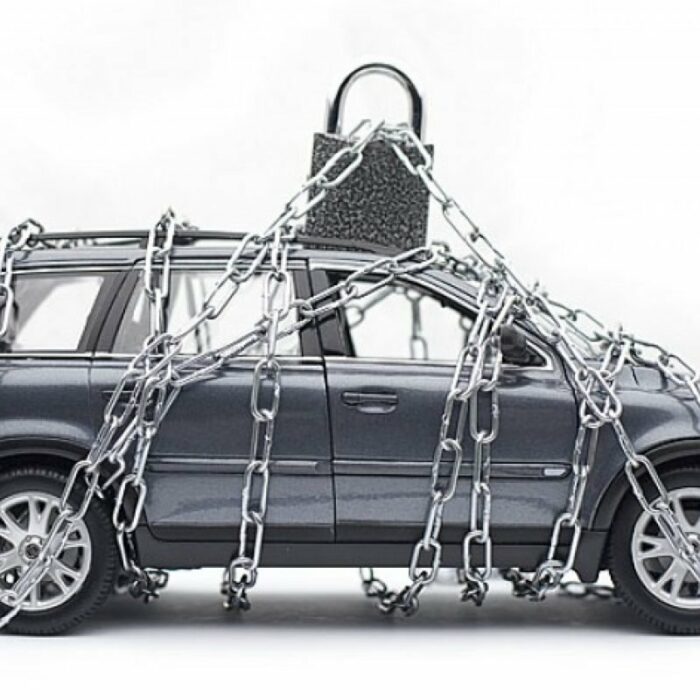10 Interesting Facts About Ukraine
Quick facts about Ukraine:
- Population: Ukraine is home to over 40 million people.
- Capital: The capital city is Kiev (Kyiv).
- Language: Ukrainian is the official language.
- Independence: Ukraine gained independence from the Soviet Union on August 24, 1991.
- Geography: Diverse landscapes include the Carpathian Mountains and the Black Sea coastline.
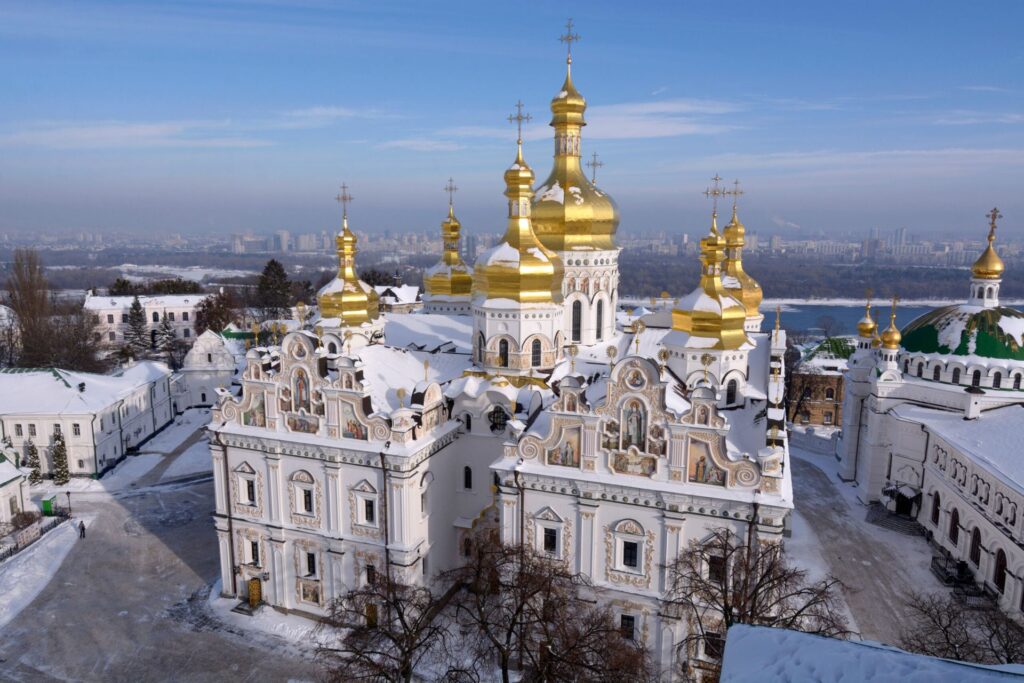
Fact 1: Ukraine has seven UNESCO World Heritage sites
Ukraine takes pride in its cultural and historical treasures, with seven UNESCO World Heritage sites adding to its global significance. These sites include the ensemble of the Lviv Historic Centre, the ancient city of Chersonesus, the wooden Tserkvas of the Carpathian region, the Kyiv Pechersk Lavra, the Saint-Sophia Cathedral and Related Monastic Buildings in Kyiv, the Residence of Bukovinian and Dalmatian Metropolitans in Chernivtsi, and the Struve Geodetic Arc.
Each of these sites reflects Ukraine’s rich heritage, spanning architectural marvels, ancient cities, and natural landmarks that contribute to the country’s cultural and historical identity.
Note: If you plan to visit the country and travel, check the need for an International Driver’s License in Ukraine for driving.
Fact 2: Kiev has the deepest meter station in the world
Kiev, the capital of Ukraine, boasts one of the deepest metro stations globally. Arsenalna Metro Station holds the record as the deepest station in the world, descending to a depth of approximately 105.5 meters (346 feet). This impressive feat of engineering is part of the Kyiv Metro system, offering efficient and deep transportation beneath the city’s surface.
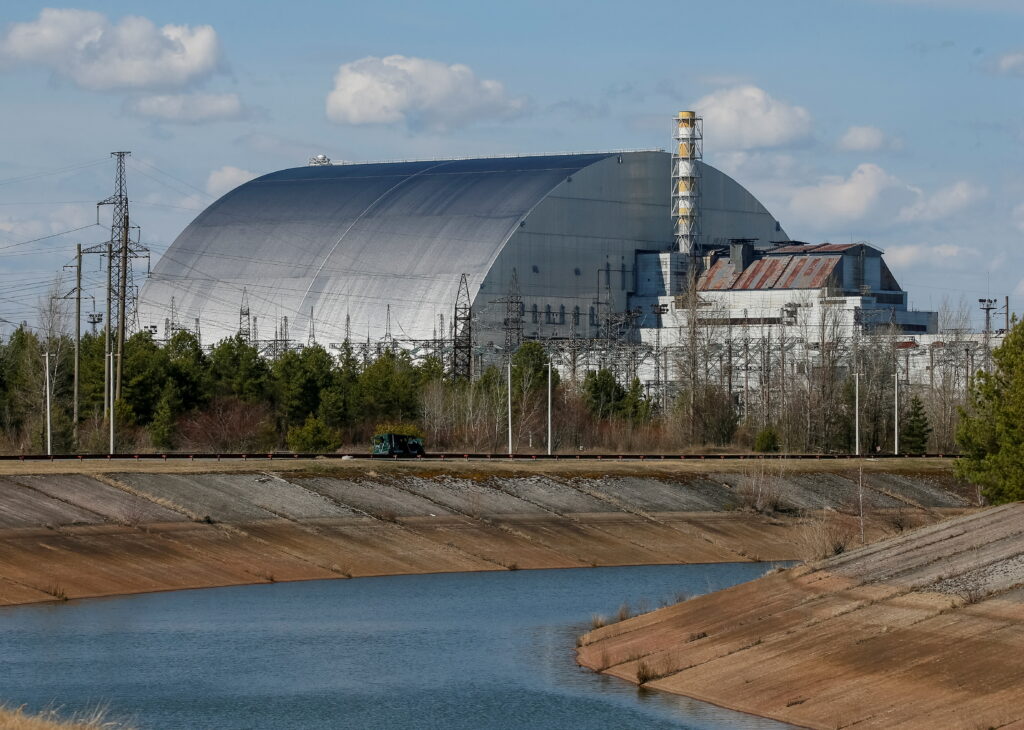
Fact 3: One of the worst man-made disasters has occurred in Ukraine
Ukraine witnessed one of the most catastrophic man-made disasters in history at the Chernobyl Nuclear Power Plant. The Chernobyl disaster occurred on April 26, 1986, when a reactor at the plant exploded, releasing a significant amount of radioactive material into the atmosphere. This tragic event not only had immediate devastating effects on the nearby region but also had far-reaching consequences for the environment and public health. The Chernobyl disaster remains a poignant chapter in Ukraine’s history, symbolizing the risks associated with nuclear energy.
Fact 4: Ukrainian cuisine known for Kiev cutlets and cake
Kiev, Ukraine, has gifted the world with two culinary treasures: the renowned Kiev cutlet, a delectable chicken cutlet filled with herbs and butter, and the Kiev cake, a layered dessert featuring sponge cake, nuts, or meringue, enveloped in sweet buttercream frosting. These dishes have transcended borders, earning international acclaim for their irresistible flavors and becoming culinary symbols of Ukraine.
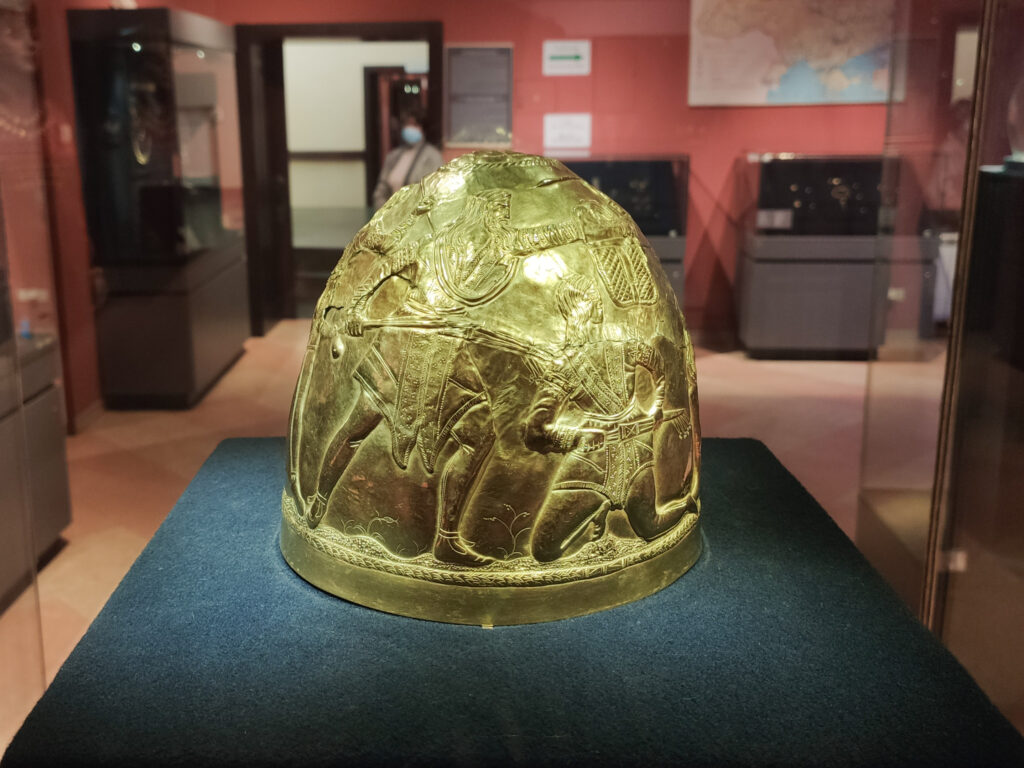
Fact 5: There were ancient civilizations on the territory of Ukraine
Scythians, renowned for their nomadic prowess and thriving between the 7th and 3rd centuries BCE, left an indelible mark on the Pontic-Caspian steppe, influencing the region that is now Ukraine. Concurrently, the Bosporan Kingdom along the Black Sea coast created a melting pot of Greek and Scythian cultures.
Transitioning to the medieval era, Kyivan Rus emerged in the 9th century CE as a prominent Eastern Slavic state centered around Kyiv. This pivotal civilization not only shaped the cultural landscape but also facilitated trade routes connecting the Byzantine Empire and Northern Europe.
Fact 6: Ukraine is known for its black soil and suitable climate for grain crops
Ukraine is renowned for its fertile black soil, often referred to as “chernozem,” and a climate conducive to the cultivation of grain crops. The country’s vast agricultural expanses, particularly in the central and southern regions, contribute significantly to its status as the “breadbasket of Europe.” The combination of rich soil and favorable weather conditions has made Ukraine a key player in global grain production, with robust yields of wheat, corn, and other essential crops.

Fact 7: The struggle for Ukraine’s independence and European choice is still ongoing
The country faces serious challenges, including geopolitical tensions and conflicts, as it seeks to strengthen its sovereignty and embrace European values. The pursuit of a European choice remains a crucial aspect of Ukraine’s ongoing journey, reflecting the aspirations of its people for a future based on democratic principles and closer integration with the European community.
A Russian invasion in 2022 is a continuation of a conflict based on Ukrainians’ choice to be with Europe rather than Russia.
Fact 8: Ukrainian is the closest language to Belarusian
Ukrainian shares close linguistic ties with Belarusian, Polish, and Czech, forming part of the East Slavic and West Slavic language groups. These linguistic connections highlight historical and cultural interactions between Ukraine and its neighboring countries. While Ukrainian exhibits similarities with Russian due to shared linguistic roots, it maintains distinct features that contribute to its unique identity within the Slavic language family.
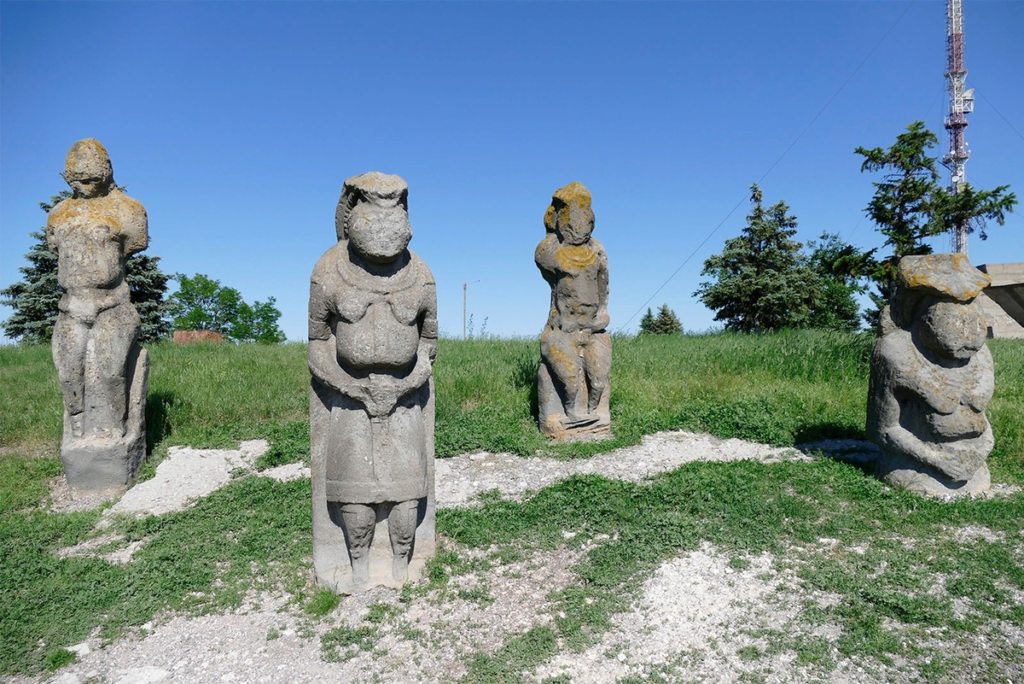
Fact 9: Idols from pagan times are preserved in Ukraine
Ukraine cherishes idols from pagan times, discovered at various archaeological sites. Notable examples include the Trypillian clay figurines found in the vicinity of ancient settlements, such as Nebelivka and Talianki, dating back to 5400–2700 BCE. The Chernyakhiv culture, spanning the 2nd to 5th centuries CE, left behind wooden idols unearthed in places like Zvenyhorodka. These artifacts, displayed in museums, provide insights into Ukraine’s rich historical and spiritual heritage.
Fact 10: Ukraine gave up the world’s third largest nuclear arsenal
Ukraine took a historic step in the mid-1990s by relinquishing the world’s third-largest nuclear arsenal, a significant gesture towards global non-proliferation efforts. In exchange, the country sought security guarantees, including assurances from nuclear powers. Unfortunately, these guarantees ran into problems and were subsequently perceived by Ukraine to have been violated, especially in the context of the 2014 Crimea crisis and Russia’s subsequent invasion of Ukraine in 2022.

